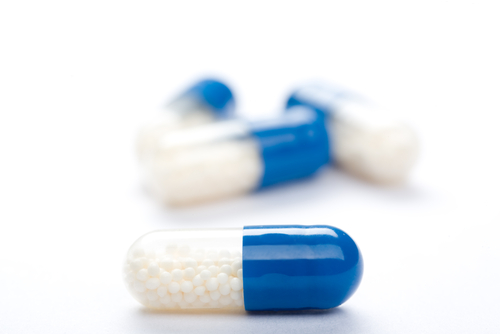Why Vitamin D in Scotland is important:
Our main source of vitamin D is sunlight. In Scotland, we only get enough of the right kind of sunlight for our bodies to make vitamin D during roughly half the year (April to September). From October to March, we rely on food and supplements to get enough vitamin D. Only a small number of foods contain vitamin D, such as oily fish, red meat and egg yolks, so it is difficult to get enough from food alone.
Without enough vitamin D, children can be at risk of developing rickets, which causes weak and badly formed bones. In adulthood and later life, a lack of vitamin D can lead to osteomalacia (softening of the bones) and a greater risk of broken bones.
Research shows that many people in Scotland have low vitamin D levels. Groups who are at greater risk of vitamin D deficiency should take a daily supplement.
They include:
• All babies and young children from birth to 4 years. Babies who are fed infant formula will not need vitamin drops unless they are drinking less than 500 ml of formula milk a day, as these products are fortified with vitamin D.
• Pregnant and breastfeeding women.
• People who are not exposed to much sunlight, including those who are housebound or stay indoors for long periods, those in an institution such as a care home, and those who cover their skin for cultural reasons.
• People who have darker skin and therefore need to spend longer in the sun to produce vitamin D.
If you are at greater risk of vitamin D deficiency, you can make a difference to your health by taking a daily supplement.
your health by taking a daily supplement.
In addition to those most at risk, everyone aged 5 years and over should consider taking a daily supplement of vitamin D, particularly during the winter months (October to March).
Further advice is available on vitamin D supplements for babies at www.gov.scot/publications/vitamin-d-advice-for-allage-groups
Babies and children from birth until 4 years should be given 10 micrograms (ug) a day. Breastfed babies should be given a daily supplement.
Babies who are fed infant formula will not need vitamin drops unless they are drinking less than 500 ml of formula milk a day.
Adults and children aged 5 years and over who are at risk of vitamin D deficiency should take 10 ug of vitamin D every day.
Remember the best source of Vitamin D is from sunlight so get outside as often as you can especially in Winter